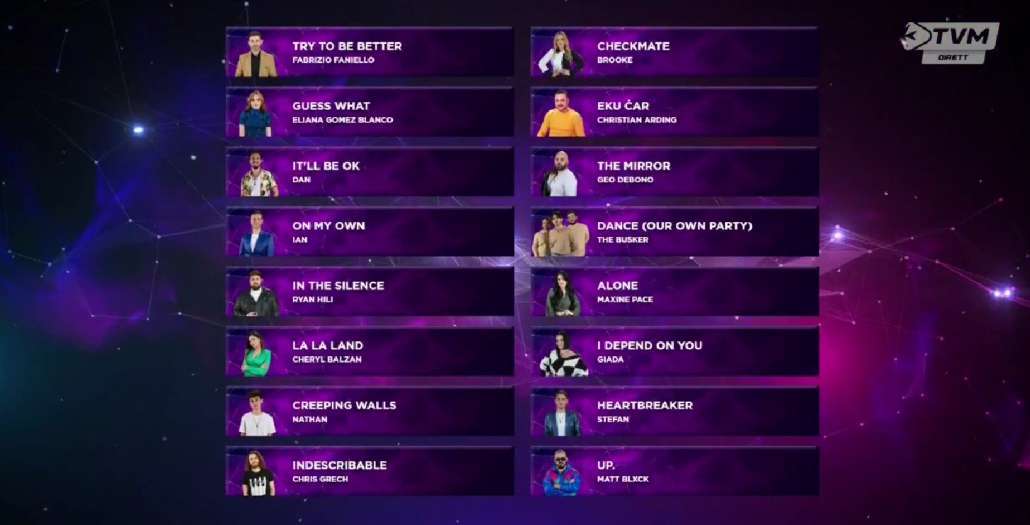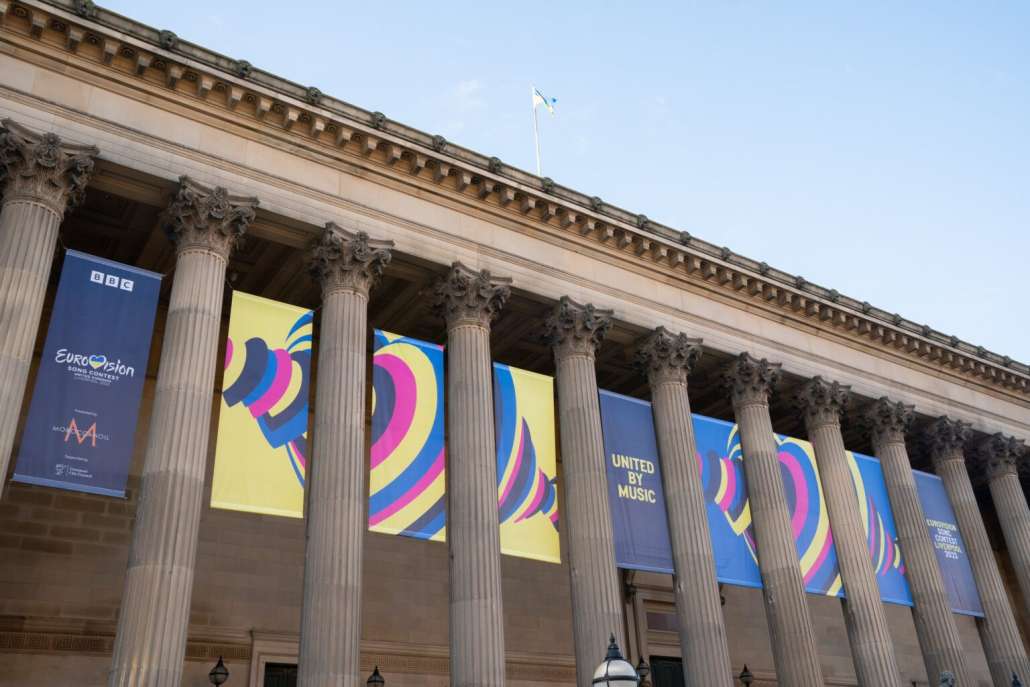Liverpool’s Saint George’s Hall with a very nice event hosted a few minutes ago the draw for the semi-finals of the 67th Eurovision Song Contest.
The analyzes of the fans and not only, have been on fire for a few minutes now. Since the theories based on the pre-history of the countries in the competition, it is a first insight into how passable the qualification to the final is or not. In other words, it’s time to make our predictions, about who will go through to the final and who are the favorites to say goodbye to Liverpool early…
The presenters and the handover ceremony
The Eurovision 2023 semi-final draw was hosted by AJ Odudu and Rylan. Both are on the staff of the BBC, being some of the most loved faces of British public broadcasting.

During the draw, the ceremony of handing over and accepting the emblem of the contest took place. The mayor of Turin, Stefano Lo Russo, formally handed over the “keys to the event” to the mayor of Liverpool, Joanne Anderson.
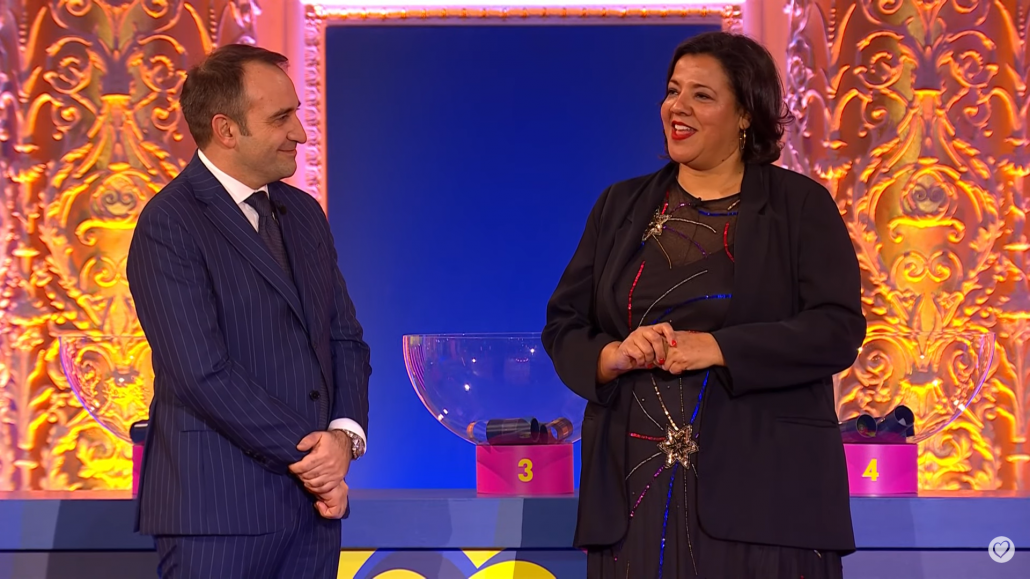
Draw Procedure
The 31 countries competing in the semi-finals were divided into five pots, based on the scores they have exchanged in recent years with each other. This is done in order to avoid, as much as possible, the alliances that appear every year in the voting.
Big 5 and Ukraine
With the big winner of last year’s competition, Ukraine, directly in the final, along with the Big 5 (UK, France, Italy, Germany, Spain), the first part of the draw determined the semi-final that the direct finalists would vote for.
Will vote in the 1st Semi-Final:
Will vote in the 1st Semi-Final:
- Ukraine
- Spain
- United Kingdom
In the semi-final that the six aforementioned countries were drawn to broadcast and vote for, the video from their dress rehearsal will also be shown. This was done at Eurovision 2016 for the first time, for reasons of equal exposure of the countries directly in the final and the countries that qualify from the semi-finals. Essentially, viewers see each entry twice during the shows.
Semi-Final Allocation Draw
The allocation draw for the two semi-finals had two parts. In the first part the 31 countries participating in the semi-finals were drawn in which of the two they will compete in. Fifteen countries will compete in the first/second semi-final and sixteen in the first/second semi-final.
In the second part, each country learned whether it will appear in the first or second half of the semi-final in which it will compete. The exact order of appearance will be determined by the EBU and the show’s producers at a later date.
1st Semi-final (9 May):
1st Half
- Serbia
- Latvia
- Ireland
- Norway
- Portugal
- Croatia
- Malta
2nd Half
- Sweden
- Moldova
- Switzerland
- Israel
- Netherlands
- Finland
- Azerbaijan
- Czech Republic
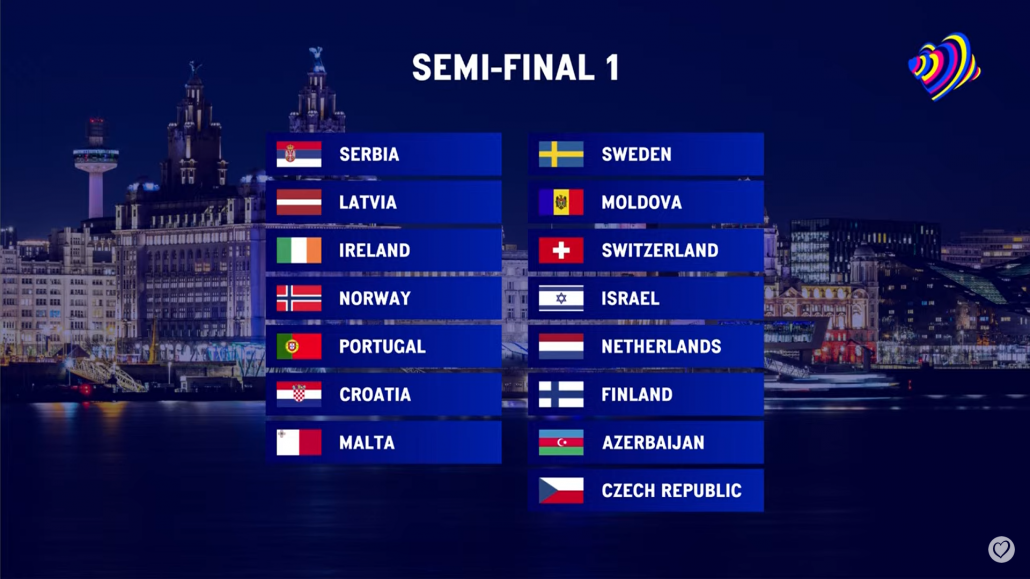
2nd Semi-Final (11 May):
1st Half
- Armenia
- Cyprus
- Romania
- Denmark
- Belgium
- Iceland
- Greece
- Estonia
2nd Half
- Albania
- Australia
- Austria
- Lithuania
- San Marino
- Slovenia
- Georgia
- Poland
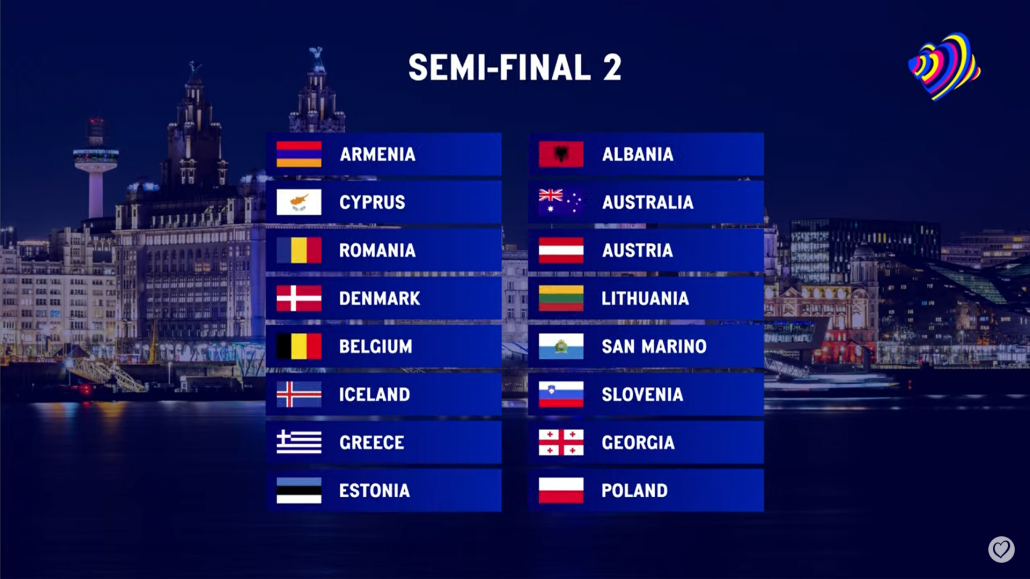
Liverpool will host the 67th Eurovision Song Contest from 9 to 13 May at the Liverpool Arena. The motto of this year’s event, as chosen by the organizers, is “United by Music“.
You can see the draw again through the link below:
https://www.youtube.com/watch?v=5HAY-qpDTnY
Stay tuned to Eurovisionfun for all the developments regarding Eurovision 2023 in Liverpool!

